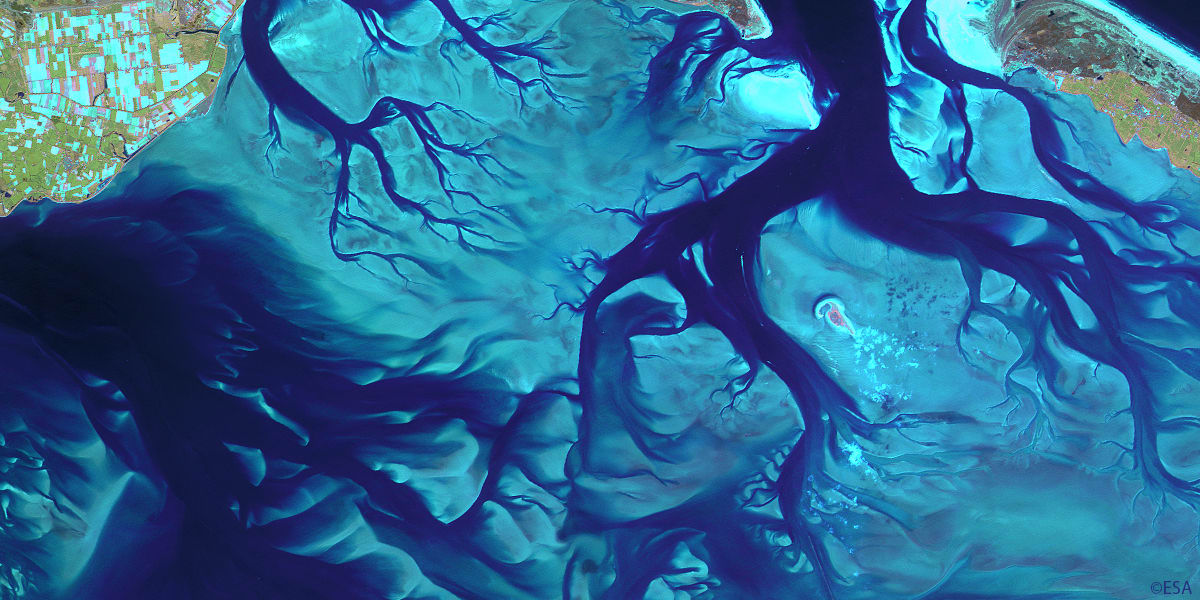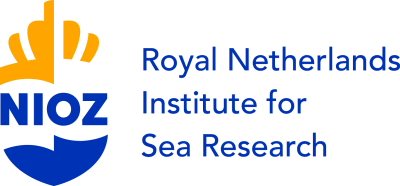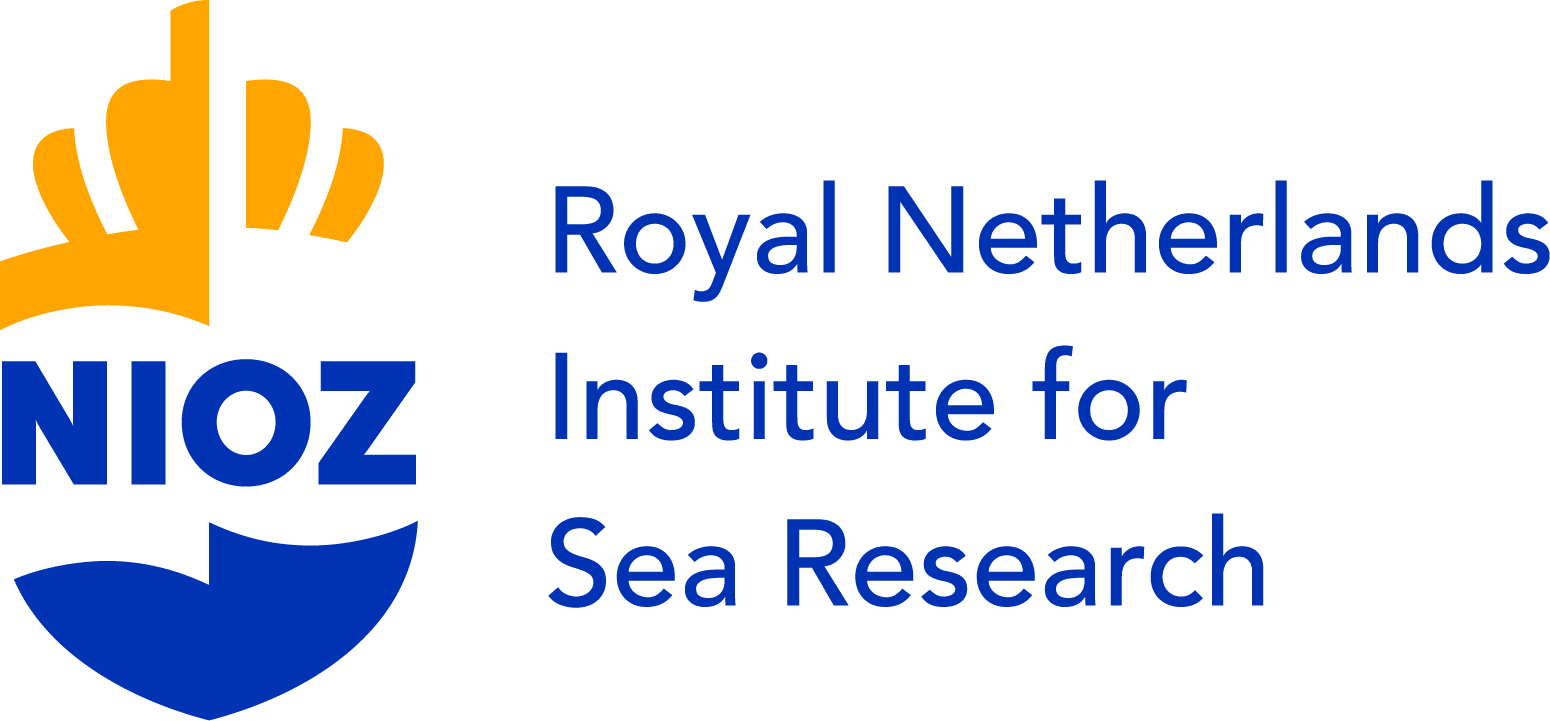
Engineer “3D-printing of biodegradable structures for coastal ecosystem restoration”
- On-site
- 't Horntje, Texel, Noord-Holland, Netherlands
- Coastal Systems (COS)
Job description
The department of Coastal Systems (COS) at the Royal Netherlands Institute for Sea Research is looking for a motivated engineer specialised in additive manufacturing with biopolymers to fulfil a 3-year position. The position will be part of the NWO-funded Vici-project “Engineering emergent trait-based mimics to restore coastal ecosystems”. The aim of this position is to design and produce 3D-printed naturally degradable structures that facilitate the restoration of coastal habitat-forming species such as salt marsh plants, seagrasses, and reef-forming worms and bivalves. The position is within the group of Prof. T. van der Heide (NIOZ) within the Department of Coastal Systems, which is based on the island of Texel, the Netherlands. The project, however, is carried out in close collaboration with The Fieldwork Company in Groningen, which is where the design and manufacturing of biodegradable restoration structures will take place.
THE INSTITUTE
NIOZ is the national oceanographic institute of the Netherlands. Its principal mission is to perform high-quality, multidisciplinary marine research and education, addressing important scientific and societal questions pertaining to the functioning of oceans, seas and deltas. NIOZ advances fundamental understanding of marine systems, the way they change, the role they play in climate and biodiversity, and how they may contribute to a sustainable future. NIOZ serves as national marine research facilitator for the scientific community in the Netherlands. In addition to its research and education, NIOZ supports the development of marine policy within the national and international context.
THE DEPARTMENT
The Department of COS studies integral coastal ecosystems and their populations of fish, birds, and other marine animals in the North and Wadden Seas as well as on a global scale. The department focusses on key physical, chemical and biological processes that determine the productivity and the ecological functioning of coastal areas. The coastal system is studied as a unity by considering the interrelations between the key compartments of the ecosystem (water, sediment, microalgae, macrozoobenthos, parasites, fish and birds). The welcoming atmosphere at NIOZ will provide ample opportunity for collaborations.
THE PROJECT
Coastal ecosystems that are shaped by habitat-forming species (so-called ‘biogenic ecosystems’), such as salt marsh plants, seagrasses, and reef-forming worms and bivalves provide vital services but are rapidly declining worldwide. Supported by the UN’s call to action in the ‘Decade on Restoration’ and ‘EU Nature Restoration Law’, governments, industry and nature organizations have increasingly embraced restoration as a vital tool to halt and reverse ecosystem losses. Unfortunately, restoration of biogenic ecosystems is failure-prone, because their stability hinges on self-facilitation generated by ‘emergent traits’, such as dense sediment-stabilizing root mats or strong and persistent reef structures. Such traits emerge when habitat formers aggregate, causing self-facilitation to only work beyond certain minimum patch size and density thresholds. This creates a ‘chicken-and-egg problem’ when ecosystem restoration is attempted on degraded systems.
In this project, a multidisciplinary research team will test a new framework that combines methods from ecology, industrial design, and engineering to develop biodegradable or erodible structures that temporarily mimic key emergent traits using additive manufacturing techniques. The resulting prototype mimics should ‘kick-start’ establishment of the target habitat-modifying species, after which they are allowed to naturally degrade. Within the team, your role will be to (1) co-design and (2) produce novel biodegradable prototype mimics tailored to specific target species and conditions. The manufacturing of prototypes will be done at The Fieldwork Company using a small compounder and a large industrial-scale 3D-printer that is able to produce from raw granulate materials at ~2x2x1m scales. The Fieldwork Company develops knowledge and techniques for nature restoration and has gained more than 10 years of experience in restoring coastal habitats such as seagrass beds and shellfish reefs.
Job requirements
THE CANDIDATE
For this position we are looking for a candidate who has completed a BSc degree in Industrial Design, Engineering, Material Science or a related discipline. Next to that, the candidate has:
Experience with general design approaches, additive manufacturing techniques and developing compound materials;
A keen interest in performing multi-disciplinary work as part of larger research team;
An interest in applying your expertise within the realm of coastal ecosystem restoration;
Good collaborative skills.
NIOZ wants to be a transparent institute with a healthy working climate and an inclusive culture, where people from diverse backgrounds and gender bring their talents and further develop these talents. We aim for inclusive decision-making processes and expect our leadership to show visible commitment, awareness of bias, and cultural intelligence.
CONDITIONS
· Employment of this 0,7 FTE position at Royal NIOZ is by NWO-I for 28 hours a week, for a duration of 3 years.
· Salary compliant with CAO-WVOI (Collective Labour Agreement for Dutch Research Institutes) scale 8 or 9 depending on relevant experience and education.
· The freedom to fulfill your role and space and opportunities for your personal (talent) development with the help of the NIOZ Academy.
· 338 annualized holiday hours for a full-time 40-hour work week.
· Pension scheme via ABP, 8% holiday allowance and a year-end bonus of 8.33%.
· 2nd class public transportation travel is reimbursed 100%.
· Employment benefits plan to exchange a portion of your salary for days off or vice versa, or can be used to purchase a bicycle with tax benefits.
· We offer relocation expenses for employees coming from abroad and support with finding accommodation.
MORE INFORMATION
For additional information about this vacancy, please contact Prof. Dr. Ir. Tjisse van der Heide. For additional information about the procedure, please send an e-mail to working@nioz.nl.
Closing date for this vacancy is the 19th of February 2025.
or
All done!
Your application has been successfully submitted!

